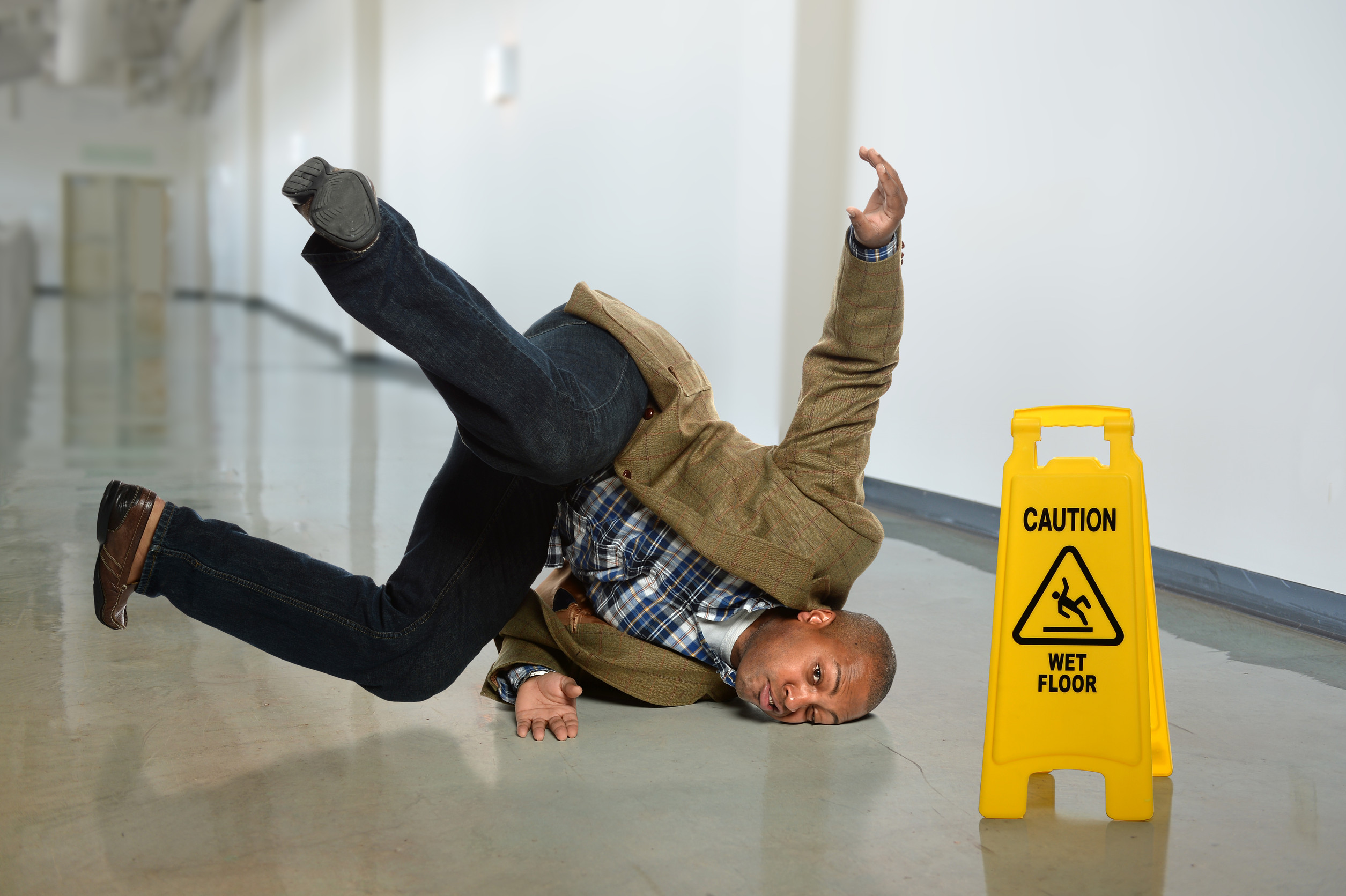2 min read
Willis v. Twin Shores: Guest of Unit Owner Deemed Invitee in Premises Claim
Joe Whitcomb
:
October 26, 2025

Background
Twin Shores Master Owner Association, Inc., managed a residential community in Jefferson County, Colorado, through its management company, Hammersmith Management, Inc. The community included common areas such as parks and walkways maintained by the association for residents’ use. In the winter of 2021, Tiffani Willis slipped and fell on a snow- and ice-covered walkway near her residence, sustaining serious injuries. Willis was the long-term partner of a homeowner within the Twin Shores community. Though not listed on the property’s title, she lived at the residence, contributed to its upkeep, and served as vice president of the homeowners’ association board.
District Court Proceedings
Willis filed a lawsuit against Twin Shores Master Owner Association and Hammersmith Management under the Colorado Premises Liability Act (PLA). She alleged that the defendants failed to maintain the walkways in a safe condition by neglecting snow and ice removal. The defendants sought summary judgment, arguing that Willis was a social guest—a licensee—rather than an invitee, and that no evidence showed the association had actual knowledge of a dangerous condition at the time of the fall. The Jefferson County District Court agreed, concluding that Willis was a licensee who could recover only if the association knew of and failed to address the hazard. Finding insufficient proof of such knowledge, the court granted summary judgment for the defendants.
Appellate Review
Willis appealed, contending that she should have been considered an invitee because her fall occurred in a common area owned and maintained by the association for the benefit of residents and their guests. The Colorado Court of Appeals reviewed the case de novo. The court examined the question of whether a homeowners’ association owes the same duty of care to a unit owner’s guest as a landlord owes to tenants and their guests in shared areas.
The appellate court found that, under the Colorado Common Interest Ownership Act (CCIOA), the association controlled and maintained common elements for the benefit and use of unit owners and their guests. It determined that a guest of a homeowner using these areas is effectively an invitee under the PLA because their presence is part of the ordinary use for which such spaces are maintained. The court compared this to the landlord-tenant relationship, where tenants and their guests are treated as invitees in common areas under the landlord’s control.
Legal Analysis
The appellate court traced this reasoning through prior Colorado precedent and cases from other jurisdictions, noting that courts in Florida, Michigan, Maryland, and Arizona have applied similar principles to condominium and homeowners’ associations. In these cases, associations were deemed to owe the same duty of reasonable care to owners’ guests as landlords owe to tenants’ guests.
The court emphasized that while a guest may be a licensee with respect to the individual homeowner, the relationship between the guest and the association differs. The guest’s use of common areas arises directly from the association’s responsibilities under CCIOA to maintain shared spaces for residents and their invitees. The court concluded that a unit owner’s guest is an invitee of the association when using common elements owned and controlled by it.
Court’s Ruling
The Colorado Court of Appeals reversed the district court’s decision and remanded the case for further proceedings. It held that Willis could be considered an invitee of the association if her injury occurred on property within the association’s control. Because there was a factual dispute about the precise location of her fall—whether it occurred on a walkway or an adjacent area under the association’s maintenance—the case was returned for trial to determine liability.
Assistance with Premises Liability Matters
If you or someone you know has been injured due to unsafe property conditions, Whitcomb, Selinsky PC assists with premises liability cases. Contact our team to learn how we can help you evaluate potential claims involving property safety and owner responsibility.


